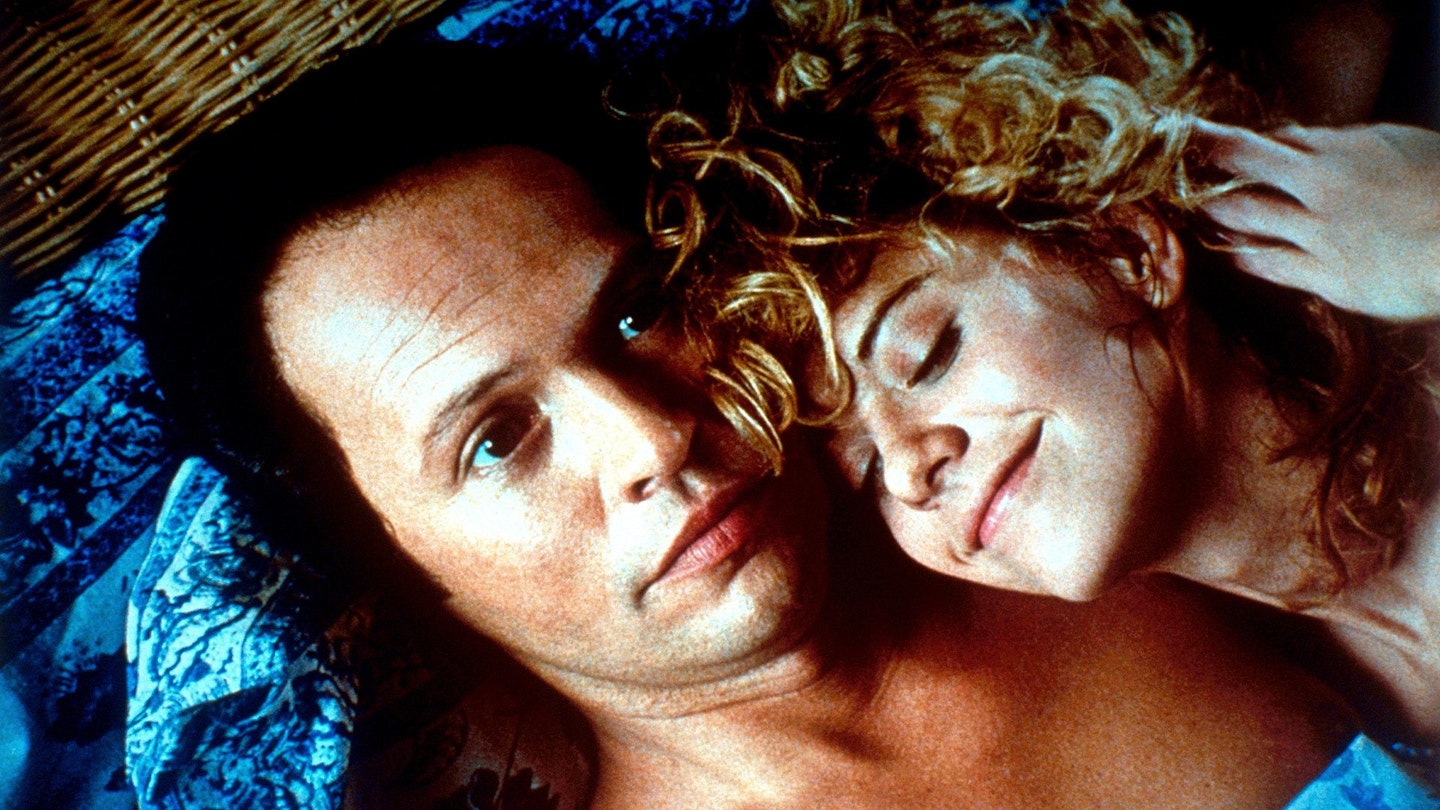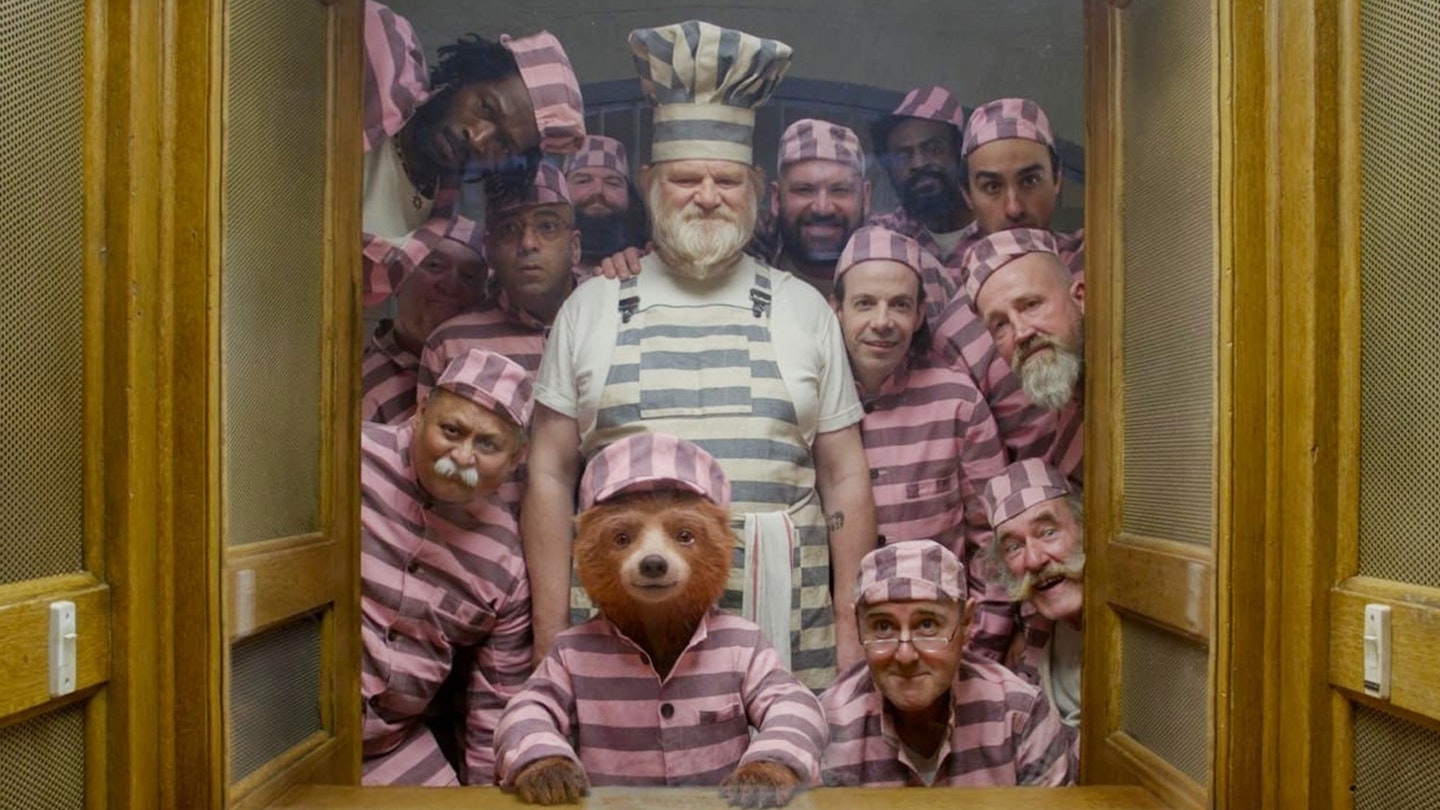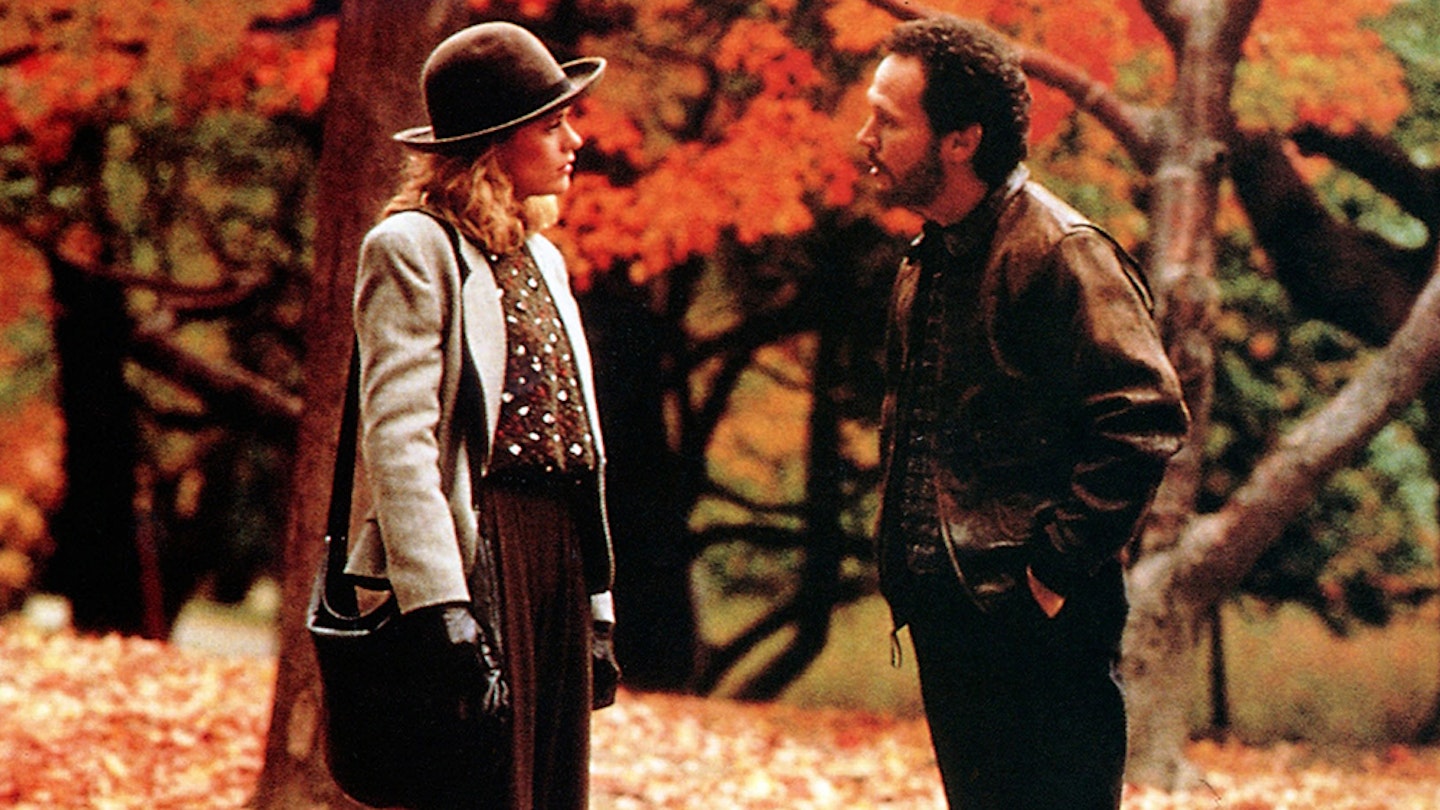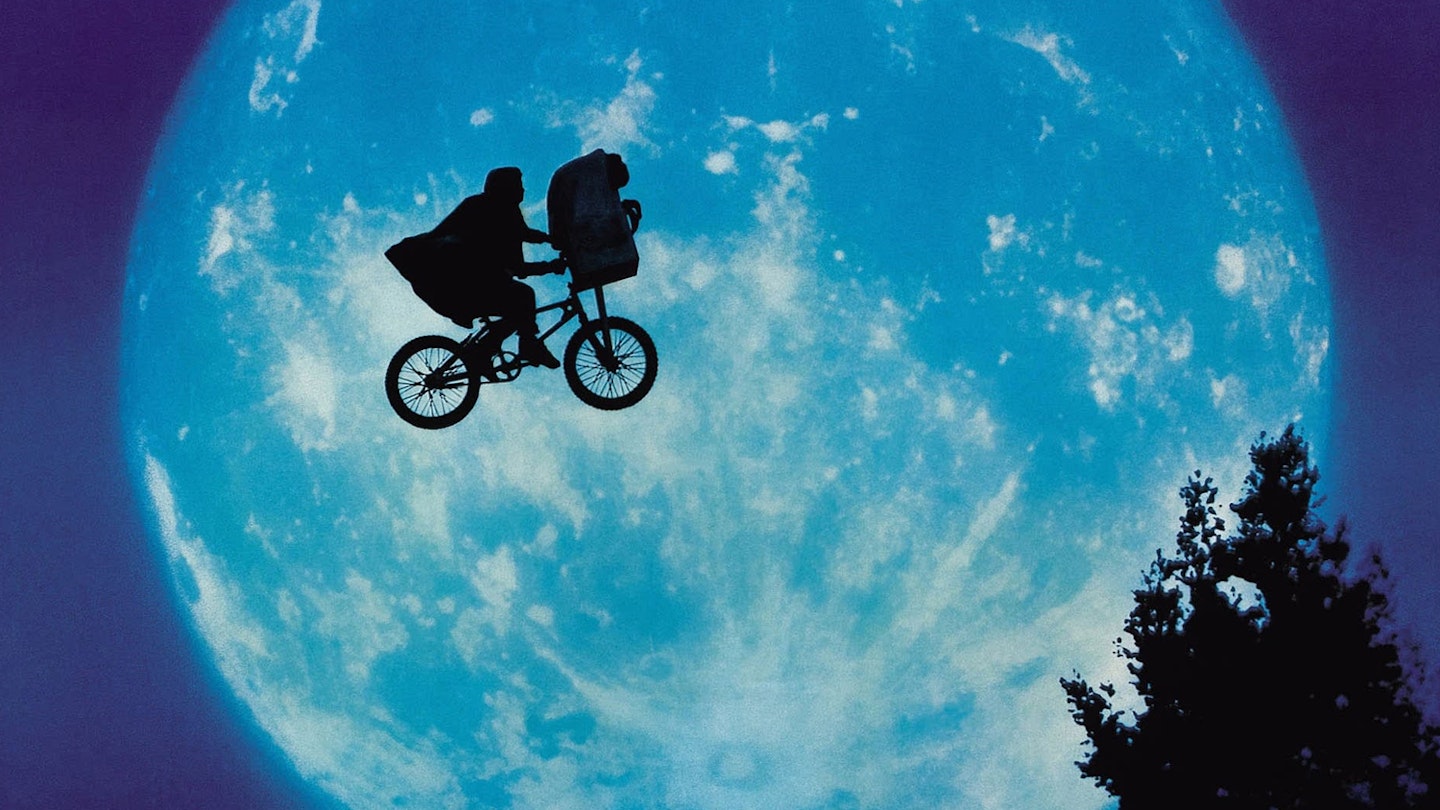The story goes that when the Prince and Princess of Wales were attending the premiere of When Harry Met Sally their entire row dislocated their necks trying to see if their Royal Highnesses laughed at the scene where Meg Ryan demonstrates how to counterfeit an orgasm in a crowded delicatessen. Which of course, like couples the world over, they did.
This much-celebrated detonation of a taboo subject— can self-abuse be far behind? — is partly what made the film such an enormous hit. Its ostensible theme, that old college pals Harry and Sally are doomed to finish up in bed together and thus destroy a beautiful friendship, is never pushed quite far enough to be gripping and Billy Crystal, admirably funny actor though he is, cannot convince us that he has the physical appeal to trouble the hormones of the luminous Meg Ryan. Their friendship is never quite believable because it is only defined by their singleness; their relationship is a mutual support system devised by a couple of lonely people waiting for a proper partner to come along.
They may indulge in brittle badinage over a never-ending meal, make buddy-buddy phone calls in the middle of the night and carry on like people whose acquaintance is too intimate for sex to be an issue, but we, the audience, know that it's really just a highly evolved form of flirtation. This may be Rob Reiner's point. If so, he's made it a bit easy for himself and deprived us of a sense of surprise.
That said, Reiner is an attractively un-neurotic filmmaker, New York remains the most photogenic city on earth and When Harry Met Sally is destined to join Annie Hall, The Graduate, Alfie and a few others of that ilk, films which are guaranteed a long shelf life as TV movies because of the way they imperfectly frame the sexual dilemmas of their time. And make us laugh



